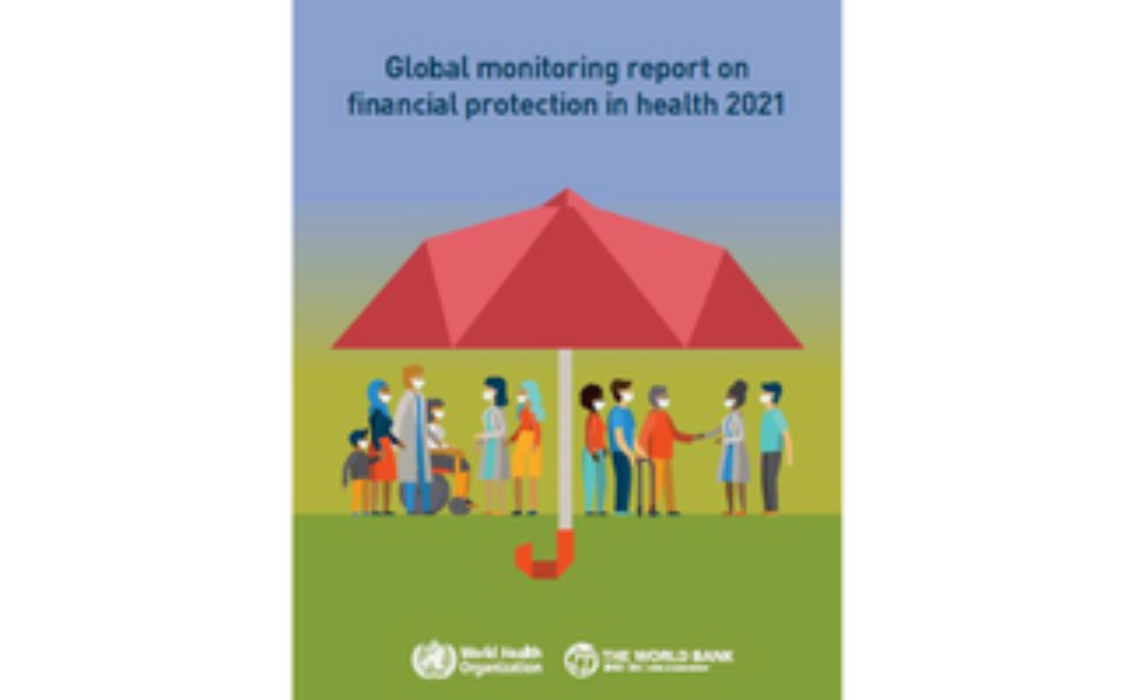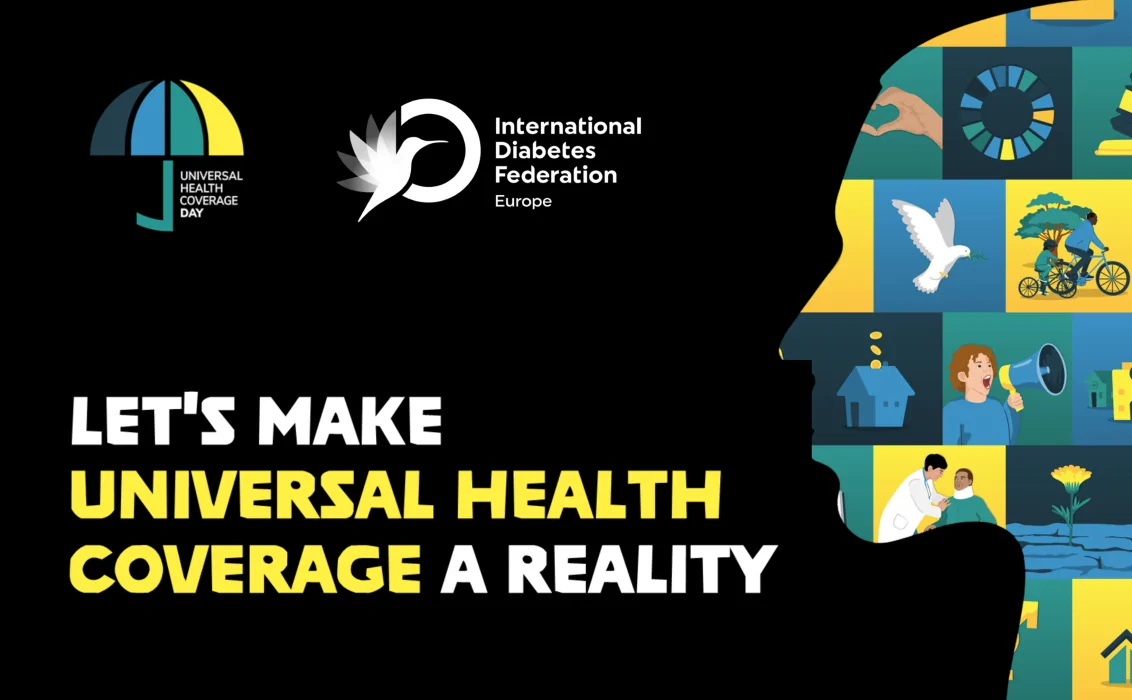To mark Universal Health Coverage (UHC) Day, the World Health Organisation (WHO), in partnership with the World Bank, released the 2021 global monitoring report on financial protection in health.
This joint report analyses data across the world to track the status of financial protection as part of the overall measurement of UHC. The report compares how much people spend out of pocket (OOP) on healthcare with their household’s ability to pay. As of 2017, at least 1.4 billion people experienced financial hardship due to OOP health spending. This number is forecast to grow, as a result of the combined health and economic shock of the COVID-19 pandemic.
The report suggests that strengthening effective, accessible, resilient and innovative health systems that protect everyone will require proactive policies that prioritise public spending on health coupled with adequate financial protection mechanisms and social support, with a clear focus on households and individuals most in need. The report found that people aged 60 and older represent an increasing share of the population most affected by financial hardship.
In Europe, some 61 million adults (10%) live with diabetes and many of them are at high risk of developing harmful and costly complications. People living with diabetes (PwD) require ongoing care and support to manage their condition and reduce the risk of complications. Equitable access to medicines, technologies, care and treatments must be guaranteed without imposing financial burden on PwD . In this regard, WHO’s global monitoring report on financial protection in health is a crucial tool that highlights the policies that need to be implemented to tackle social and health inequalities. Equity is at the heart of UHC, and governments must intensify their efforts to introduce new financing mechanisms to decrease OOP expenses and ensure equitable and affordable access to quality care for people living with diabetes and other chronic conditions, people of lower socio-economic status and the elderly.
In this context and to mark the World Diabetes Day, IDF Europe organised a webinar that discussed access situation in Central and Eastern Europe and how to reduce OOP expenses for PwD, which are still very prevalent in the region. The webinar looked at innovative financing mechanisms/strategies that could be put in place to ensure that the 2030 Sustainable Development Goals, like Target 3.8 on UHC, can be achieved. Speakers looked at budget prioritisation, re-design of healthcare systems and review of procurement systems as some of the strategies that can improve availability and affordability of core diabetes interventions and services, reduce OOP expenses and catalyse cost-effective prevention.
The recording of the webinar ‘Innovative financing for sustainable access to quality diabetes care in Central and Eastern Europe – How far are we from Universal Health Coverage?’ can be found here.
The webinar report is available in English and in Russian and can be downloaded here: English – Russian



